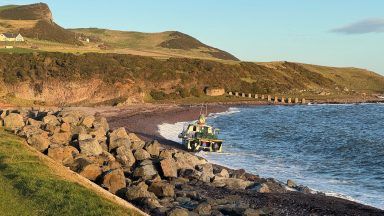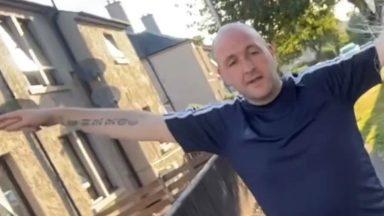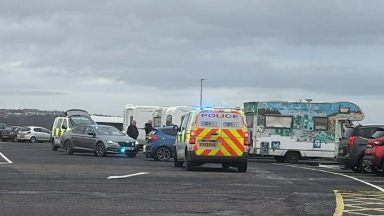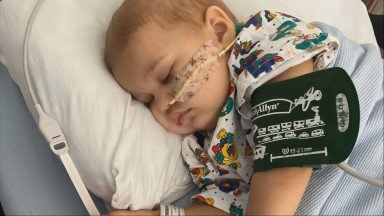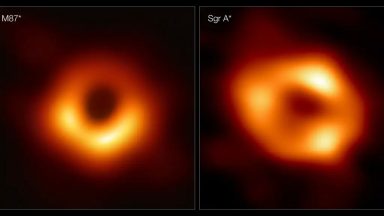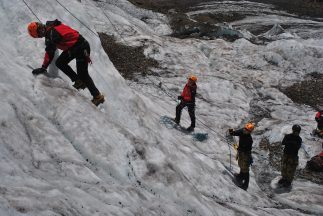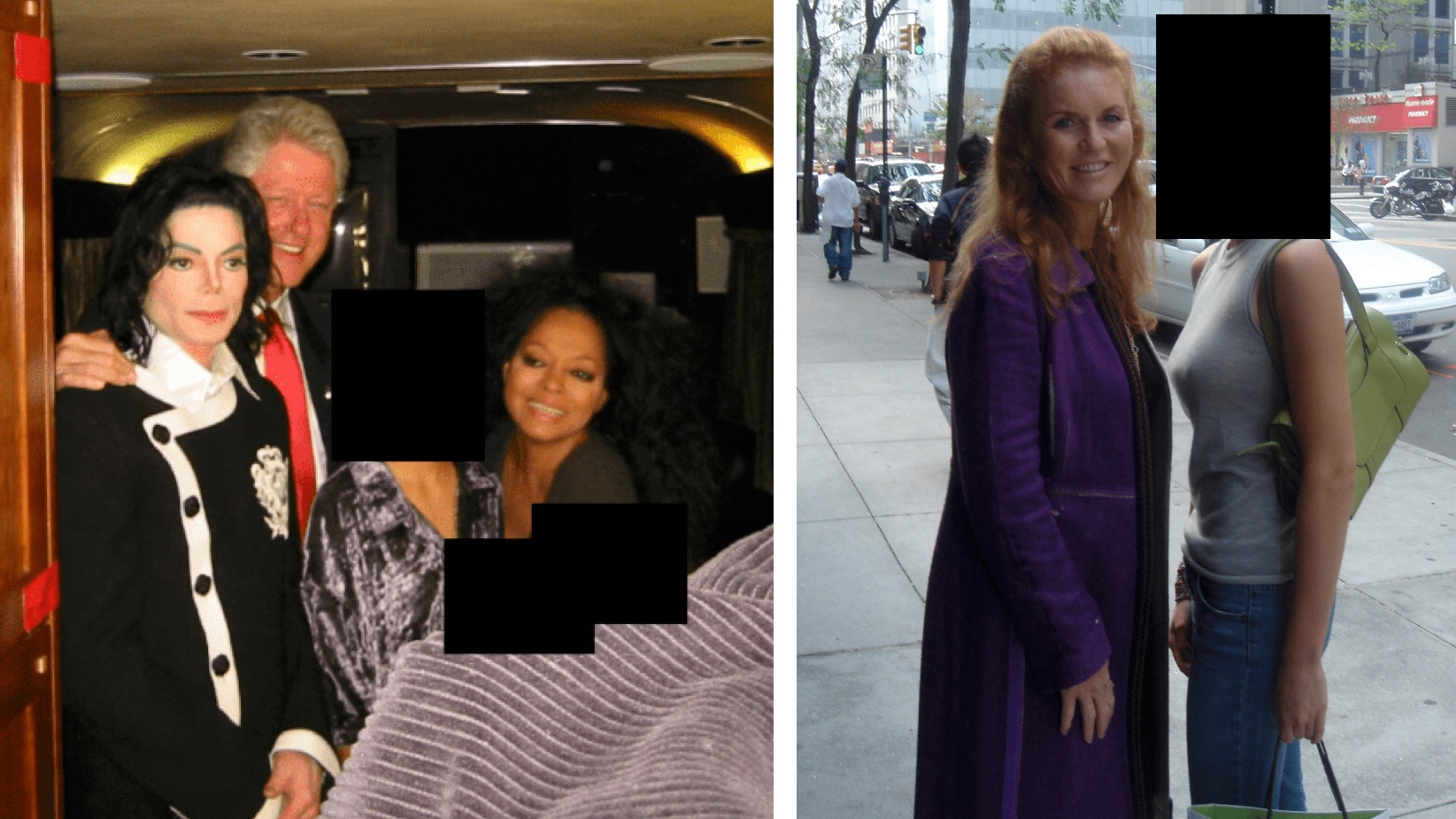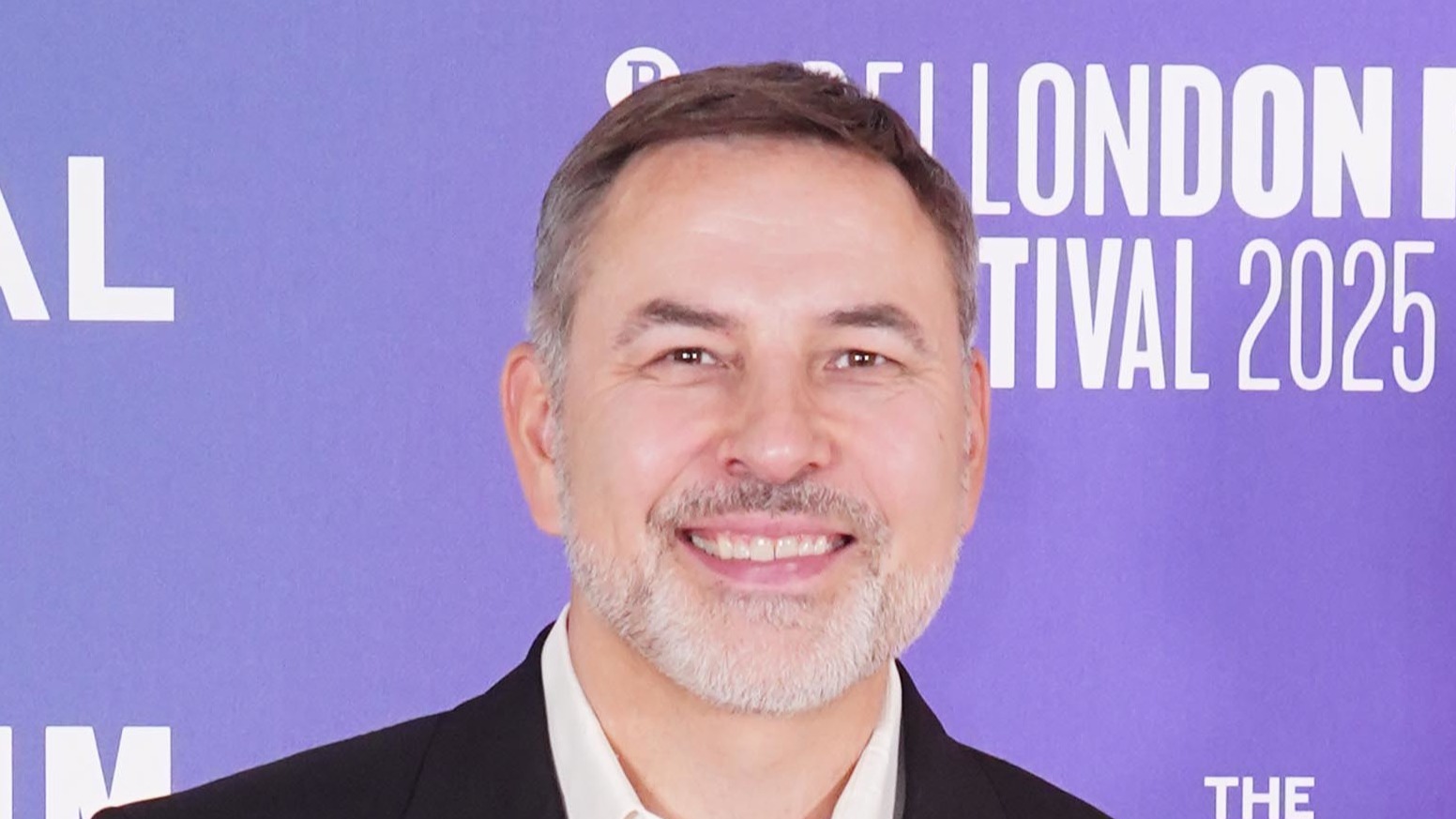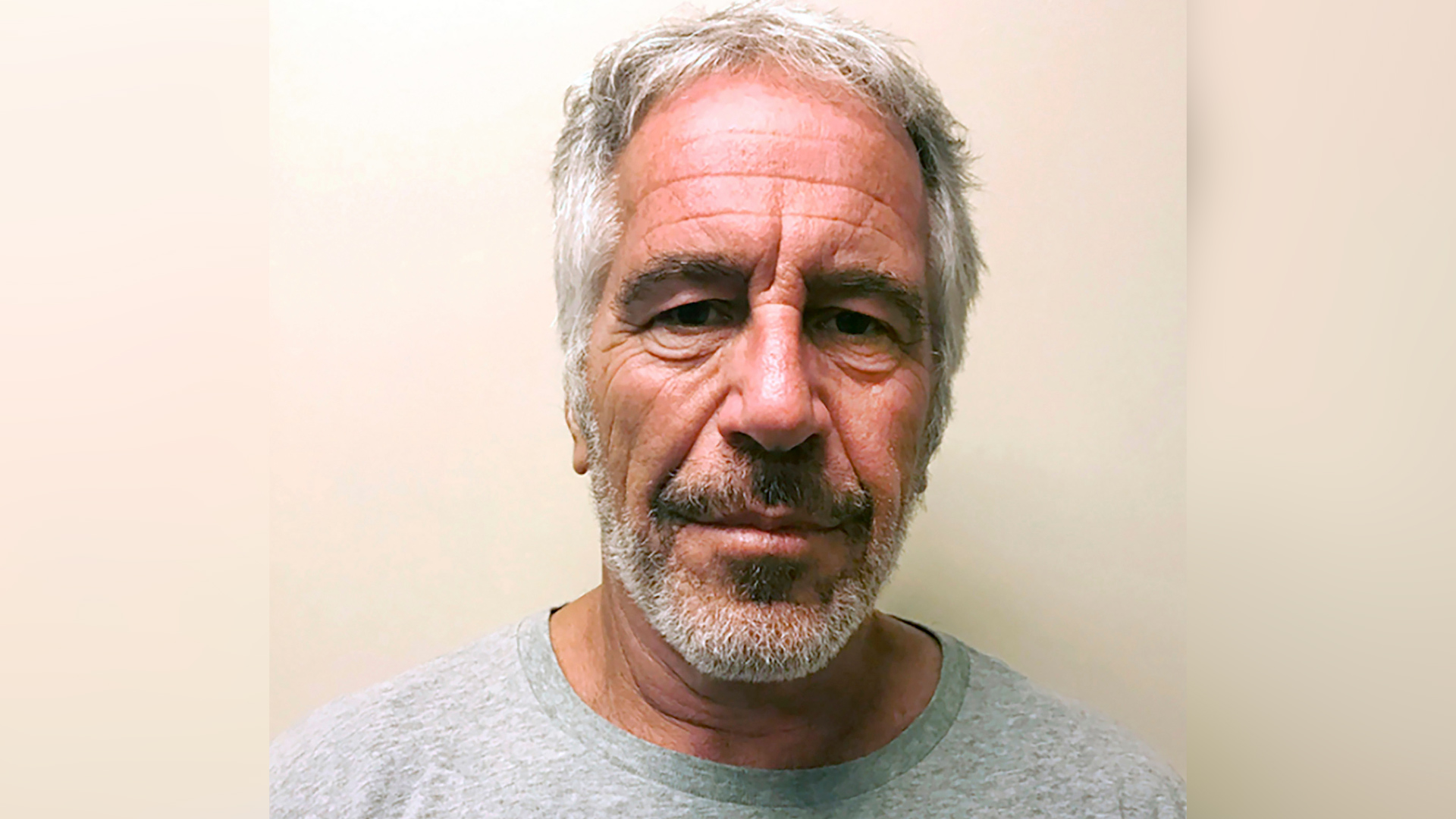The daughter of David Haines, who was murdered by Islamist extremists in Syria in 2013, has spoken to ITV News Global Security Editor Rohit Kachroo about her fight for justice.
When Bethany Haines scrolled through an old mobile phone, she came across a series of text messages from years earlier.
The handset had been tucked away for a long time, but the conversation it held remained strikingly vivid.
Those messages reveal what it was like for a schoolgirl to experience her father’s hostage ordeal, knowing only fragments of the full story.
Bethany begins to read the texts aloud to ITV News. “Hey, dad, are you in the field?” she says.
What begins as a conversation becomes a string of unanswered messages. “My first exam went okay, I think”, she continues. “Stay safe.”
“Hey, dad. Have I annoyed you? If I have, I’m sorry.”

The tone turns from concern to panic.
“Call me, love you.”
“Daddy, I need you. I’ve had an awful day. I miss you, dad. I’m sorry. Phone me.”
After three weeks there was still no response.
“Daddy, I need you. Daddy, are you there?”
“Daddy, you’re scaring me. Where are you, Daddy?”
She has never shared these messages before, but this week in Paris she will read them inside a cavernous courtroom.
She wants some of the men on trial accused of involvement in the IS hostage cell which held her father, to hear the impact their alleged actions had on her.
“It was on my 16th birthday that I realised he had either been killed or something terrible had happened. And the day after was when I was told about, his kidnapping” she tells ITV News as she prepares to walk to the courthouse.
Bethany’s father David Haines was captured just days after arriving in Syria in 2013.
The following year he was beheaded by IS executioners who recorded the killing and turned it into an online propaganda video.
He was one of several Western and Japanese captives held hostage by the gang of four IS militants nicknamed “the Beatles” by their hostages because of their British accents.
Five other men, suspected Islamist terrorists, are on trial in Paris accused of playing a role in kidnapping and torturing four journalists and aid workers in Syria.

The men include the French jihadist Mehdi Nemmouche, 39, who is serving life imprisonment for an attack on a Jewish museum in Brussels in 2014 in which four people died.
“These men weren’t just jailers,” Bethany says.
“They actively fought in conflicts. Against not just the Syrian regime, but some of them have been linked to [the killing and mistreatment of Yazidis at] Sinjar and the genocide of the people, and the fact that they carried out attacks, it’s important to let them know that it’s not just a small number of people affected.
“These men have inflicted the most damage they could in a very short time period.
“And the fact they feel nothing and won’t admit anything just shows that, you know, these people don’t have conscience and deserve the maximum penalty.”
Ms Haines travelled to northeast Syria with ITV News in 2019 to retrace the steps of her murdered father and visited the spot where Mohammed Emwazi, the notorious IS executioner from west London known as ‘Jihadi John’, was killed by a drone strike.
While there, ITV News was able to question Alexanda Kotey and El Shafee Elsheikh, members of the execution cell.
In 2022, Bethany travelled to Virginia in the United States to see them face to face.

Both men were convicted for their roles in Syria. But neither has revealed the locations of the remains of their victims.
For Bethany and other loved ones of those held hostage and killed by Isis, their whereabouts continues to be a mystery.
“But the fact that we now have access to more of Syria and this new kind of government seems to be open to at least, allowing access to certain sites is also a positive and means, you know, places that we thought we would not be able to reach for 20 years until the regime fell, in a few short years we’ve now got access.
“I think we still have a long way to go. And it’s certainly not a short process.
“And trying to recover remains, but I think we are on a stretch where the end is now in sight. And when we reach that, I mean, it’ll be a great, conclusion to this horrible event is being able to retrieve remains of not just my dad, but others as well.”
As a mother, one of Bethany’s priorities now is to ensure her son can never see the videos which traumatised her.
“My little boy’s nine and has just accessed the world of the internet, of course, that’s a great thing. It can help him grow in so many ways.
“But the scary fact is, is that there’s a lot of harmful things on the internet, including my dad’s beheading video and the fear I have of him one day seeing that is something that grows every single day as he’s getting older.
“There’s a whole range of sites showing different snuff videos with people commenting on them and showing not just beheading videos, but children, women, animals, ordinary people being murdered for the pleasure of other people. And that’s something that shouldn’t be allowed.
“[The videos] can also encourage people to carry out these [terror] attacks as it desensitises them to that violence.”
In 2021, Ms Haines told ITV News about the impact of watching the video online.
“It was almost a relief in a way, because you’d been waiting for it so long and it builds up in your head, but then you have to come to the realisation that you’re never going to see your dad again,” she said.
“I was told not to watch it [the video], but it’s hard when you have so many people coming up to you and asking you, so I locked myself in the bathroom and, you know, Googled it, and there it came up and sat through it.
“I felt physically sick. It was final, you know? I took myself off and just needed a bit of time to kind of come to terms with what I’d just witnessed.”
Follow STV News on WhatsApp
Scan the QR code on your mobile device for all the latest news from around the country





